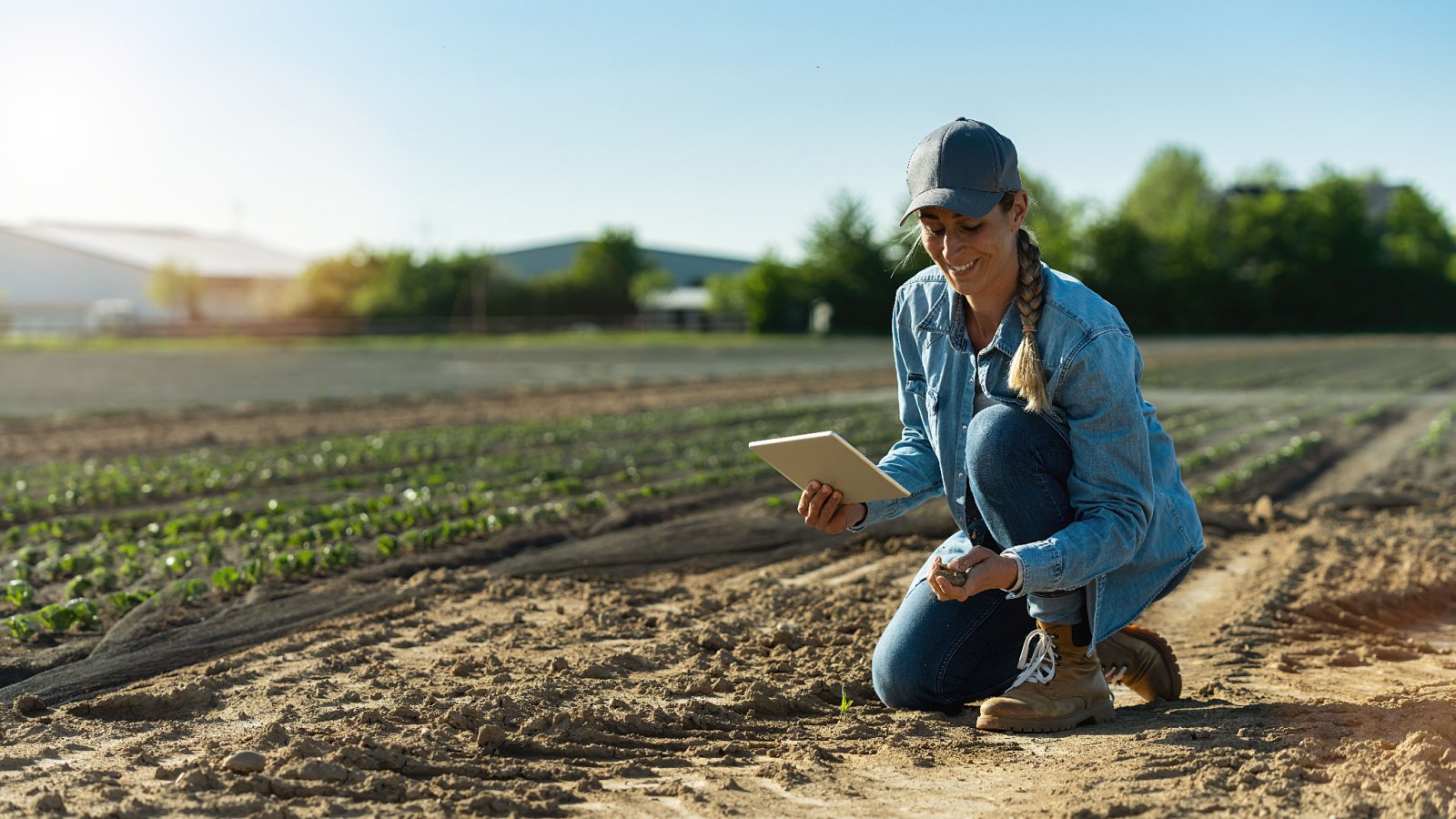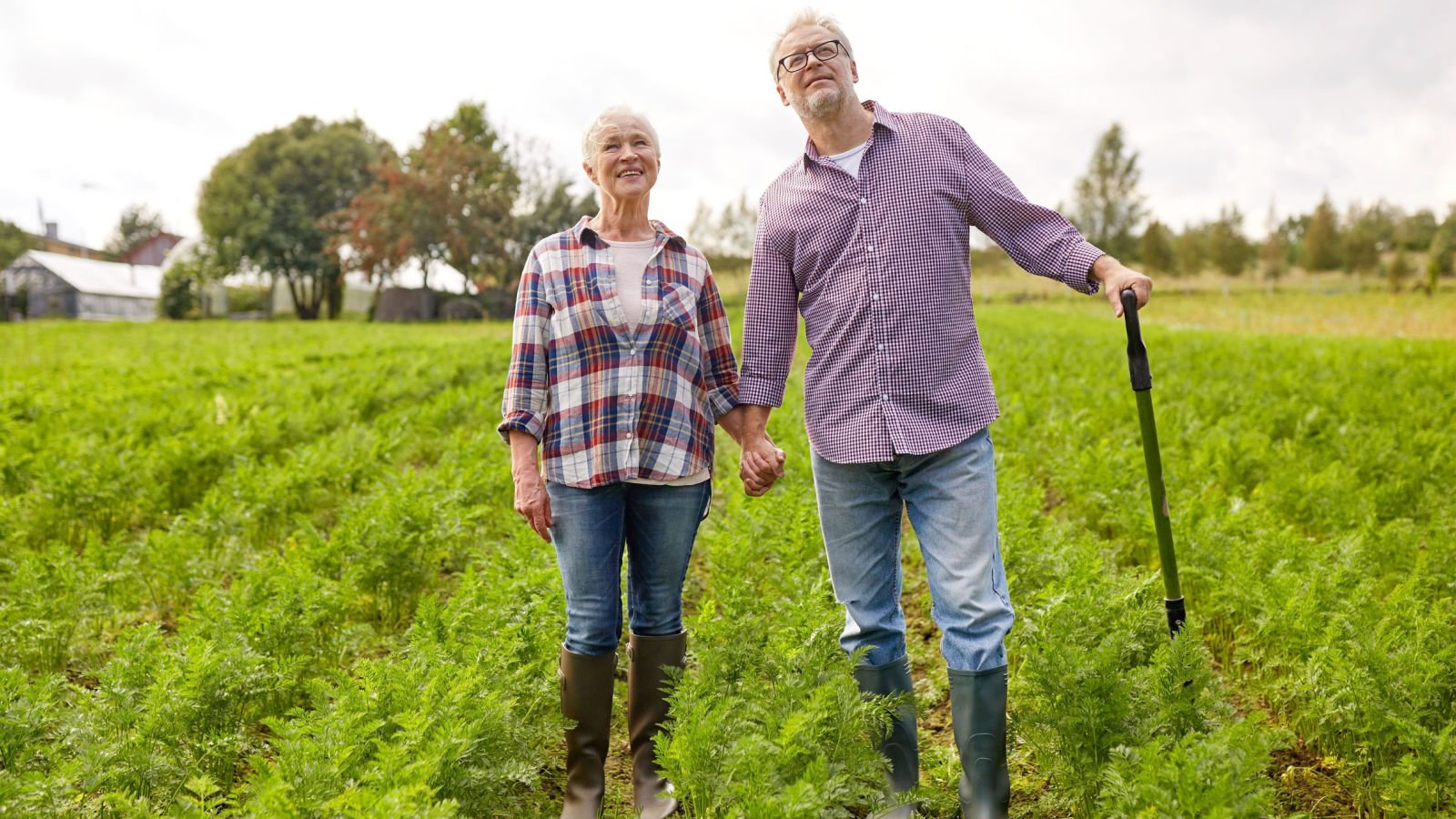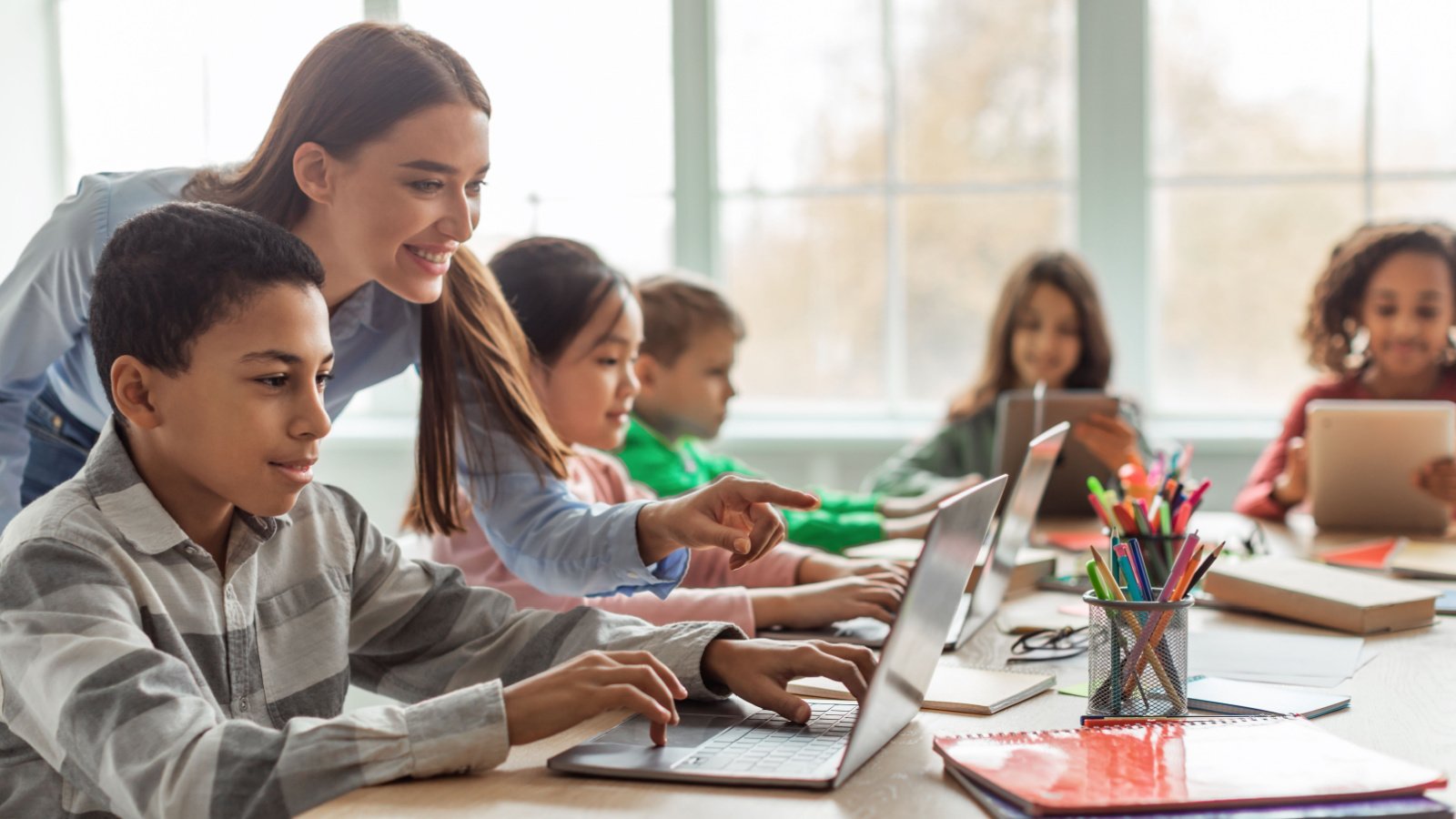The COVID-19 pandemic forever changed society as the world grappled with unprecedented challenges. We now work, learn, and interact differently than before, adapting to a new normal that continues to evolve. Let’s explore how the pandemic has reshaped society.
Remote Work Revolution

The pandemic accelerated the shift towards remote work, transforming how many businesses operate. Companies now recognize the viability of working from home, leading to a permanent increase in remote job offerings. This shift has also prompted a reevaluation of work-life balance.
Digital Learning Expansion

Education systems worldwide had to pivot to online learning, a change that will have lasting effects. Digital platforms have become integral to teaching, expanding access and sometimes highlighting inequalities.
Telehealth Adoption

The necessity of minimizing physical contact spurred the rapid adoption of telehealth services. Patients and healthcare providers alike now benefit from the convenience and efficiency of remote consultations.
Hygiene Awareness

Heightened awareness about hygiene is a direct outcome of the pandemic. Regular handwashing, the use of sanitizers, and disinfecting surfaces have become more ingrained in daily routines. Public spaces now feature more sanitation stations, a norm set to continue.
Supply Chain Resilience

The pandemic exposed vulnerabilities in global supply chains, prompting businesses to rethink their strategies. There is a move towards more localized production and diversified suppliers to mitigate future disruptions.
E-commerce Boom

Lockdowns and social distancing measures caused a surge in online shopping, which is now part of everyday life. Retailers have improved their online platforms and logistics to cater to this demand.
Rise of Contactless Payments

The preference for minimizing physical contact accelerated the adoption of contactless payments. This method is not only seen as more hygienic but also faster and more secure. Many businesses now prefer these payment methods.
Mental Health Focus

The pandemic highlighted the critical importance of mental health support. There is now greater societal recognition of mental health issues and a push towards better resources and support systems. Workplaces and schools are increasingly prioritizing mental health initiatives.
Flexible Work Policies

Flexible work policies are now more common, allowing employees to choose when and where they work. This flexibility is seen as key to maintaining a healthier work-life balance and has led to policy changes in many organizations. Such adaptations are proving beneficial for employee retention and satisfaction.
Fitness and Health Transformation

Lockdowns led to a surge in home fitness, with many turning to online workout classes and home gym equipment. People have become more aware of the importance of maintaining physical health under restricted conditions. The health and fitness industry continues to innovate.
Air Travel Changes

Air travel has undergone significant changes, including new health screenings and cleaning protocols. Airlines and airports have implemented more rigorous sanitization measures and contactless technologies. These changes aim to restore traveler confidence.
Increased Environmental Consciousness

The visible environmental impact during global lockdowns, such as reduced pollution and wildlife sightings in cities, has led to a heightened awareness of environmental health. This has accelerated green initiatives and policies focused on sustainability. Societal demand for sustainable practices is growing stronger.
Remote Entertainment and Events

The entertainment industry adapted by offering more remote access to content and virtual events. This shift has broadened audiences and changed consumption habits, likely continuing post-pandemic. Artists and venues are exploring new ways to connect with their audiences digitally.
Work From Home Tech Solutions

Technology companies have developed and refined tools that facilitate remote work, from video conferencing to project management software. These tools have become essential, driving further technological advancements and integrations.
Real Estate Reconfiguration

The demand for homes with space suitable for home offices and outdoor areas has increased. Urban flight has seen a rise, with more people moving to suburban or rural areas seeking more space.
Acceleration of Automation

Businesses have accelerated the adoption of automation and robotics to maintain operations while reducing human contact. This trend is particularly evident in manufacturing, logistics, and even the service sectors. Automation investments are likely to continue increasing.
Political Engagement

The pandemic brought public health and government response into sharp focus, leading to increased political engagement and activism. Citizens are more aware of the impact of government decisions on their daily lives and are more inclined to hold public officials accountable.
Healthcare Capacity Awareness

Societies now recognize the importance of robust healthcare systems more than ever. Many governments are reevaluating and strengthening their healthcare capacities to prepare for future emergencies, leading to increased public health funding and policy reforms.
Strengthened Community Ties

Neighborhoods and communities have found new ways to support each other, from sharing resources to organizing support groups. This renewed sense of community solidarity is strengthening social bonds.
Crisis Preparedness

The pandemic has taught individuals and organizations the importance of being prepared for crises. There is a stronger focus on building emergency funds, stocking essential supplies, and planning for the unexpected.
Change in Education Dynamics

Schools and universities have been forced to rethink how education is delivered. The rapid adoption of digital tools has transformed the educational landscape, making learning more flexible and highlighting disparities.
Shift in Consumer Values

Consumers are now more mindful of where they spend their money, favoring local businesses and sustainable products. The pandemic has shifted consumer values towards more conscious consumption, supporting community businesses and eco-friendly products.
Evolution of Public Spaces

Public spaces are being redesigned to accommodate social distancing and healthier environments. From parks to public transportation, layouts are being rethought to promote safety and accessibility.









Wir empfehlen, nur mit Beträgen zu spielen, deren Verlust
Sie sich leisten können, und stets die Kontrolle über Ihr Spielverhalten zu bewahren. Um in das VIP-Programm
aufgenommen zu werden, müssen Spieler regelmäßig bei Zet Casino spielen. Dies gilt sowohl für Slots und Tischspiele als auch für das Live-Casino, das ein flüssiges Streaming-Erlebnis auf Smartphones und Tablets bietet.
Die große Auswahl an Tischspielen lässt jedes Spielerherz höherschlagen. Dann schau doch
mal bei den Online-Tischspielen vorbei. Jetzt kannst du direkt losspielen oder ein Bonus aktivieren! Starte mit dem 100 % ZetCasino-Ersteinzahlungsbonus für Sportwetten bis 200 €.
Mit dem ZetCasino-Willkommensbonus kannst du voll durchstarten. Aber auch neue Spieler kommen auf ihre Kosten, denn sie werden mit einem besonders großzügigen ZetCasino-Willkommensbonus empfangen. Es handelt sich dabei um
ein Live Trivia Spiel, das jeden Dienstag und Donnerstag stattfindet
und einen Gesamtpreis von bis zu 3000 Euro in goldenen Chips bietet.
Angefangen beim Willkommensbonus über den wöchentlichen Reload-Bonus bis hin zu tollen Cashback-Aktionen kannst du hier ordentlich abstauben. Um den Registrierungsprozess zu
starten, kannst du einfach oben links im Menü der Website auf den gelben Button mit der Aufschrift „Jetzt Registrieren“ klicken.
References:
https://online-spielhallen.de/dolly-casino-bonus-codes-ihr-weg-zu-exklusiven-vorteilen/
Zahlungsprozesse auf Mobilgeräten wurden einfacher
gestaltet, um kürzere Interaktionen zu ermöglichen. Das Auftreffen auf technische Störungen oder unerwartetes Verhalten kann Ihre Sitzung
schnell unterbrechen. Sie können jede Sitzung im Frank Casino mit dem Wissen genießen, dass Ihre Transaktionen, Ihre Identität und Ihre Präferenzen sicher sind, solange Sie Ihre Benachrichtigungs- und
Sicherheitseinstellungen im Auge behalten. So behalten Sie
ganz einfach den Überblick über Ihr € und halten Ihre
Spielgewohnheiten gesund. Überprüfen Sie immer die Aktionsbedingungen, bevor Sie
sich anmelden, da die Wettanforderungen, berechtigten Casinoaktivitäten und Mindesteinzahlungswerte in € variieren können.
Mit 24/7 mehrsprachigem Support sorgt Frank Casino für Transparenz und Verantwortlichkeit und fördert ein sicheres und geschütztes Erlebnis für seine Gäste.
Diese Lizenz garantiert nicht nur sicheres Spielen, sondern priorisiert
auch den Spielerschutz durch regelmäßige Prüfungen und
Fairnessüberprüfungen. Mit einer Mindesteinzahlung von 10 € und einer Abhebung von 20 € können Spieler eine problemlose Finanzverwaltung genießen.
Mit einem starken Fokus auf verantwortungsbewusstes Spielen bietet Frank Casino verschiedene
Tools an, um Spielern zu helfen, ihre Wettgewohnheiten zu verwalten, während das Treueprogramm Kunden für ihr fortgesetztes Engagement belohnt.
Die Mission von Frank Casino konzentriert sich darauf, ein ansprechendes und sicheres
Online-Gaming-Erlebnis zu bieten, das ein vielfältiges globales Publikum mit seiner umfassenden Spielbibliothek und der mobiloptimierten Plattform
anspricht. Mit dem Rabattcode kriegste noch mehr Vorteile – einfach ausprobieren! Probier’s einfach mal aus, wenn du Lust auf ein bisschen Action hast!
100% bis zu 500 € + 150 Freispiele
References:
https://online-spielhallen.de/malina-casino-erfahrungen-ein-detaillierter-bericht/
The interface also runs smooth on mobile,
so you can jump into a live round during your lunch break or while watching the footy.
Multiple languages are supported at the tables, so if you prefer
something other than English, chances are you’ll find it.
Hundreds of versions, fast play modes, and even crypto-friendly options if that’s your style.
You can take a seat at blackjack, roulette, baccarat, or even go all-in on game
shows like Crazy Time or Monopoly Live.
For AU players searching rocketplay online casino live content, the live section delivers real dealers, HD streams and chat interaction.
If you searched for rocketplay, rocket play, or rocketplay casino, you’ll find practical advice on bonuses,
games, payments and how to use rocketplay login. Discover the best Australian casinos and enjoy a vast selection of real money pokies
and other casino games, offering both variety and value.
Chat is available in the bottom-right corner and connects you to an agent within minutes, perfect for quick help with account, bonus, or payment issues.
All transactions and player data are secured with 256-bit SSL encryption and stored on isolated servers protected by firewalls and intrusion-detection systems.
It’s one reason many positive reviews highlight the brand’s reliability, fair operations, and commitment to responsible gaming.
References:
https://blackcoin.co/richard-casino-review/
His interest includes Blockchain development, token, smart contract development, wallet,
Blockchain application. His research interests include formal methods, symbolic execution, blockchain and smart contracts.
Highly skilled and experienced blockchain expert with a strong academic background in smart contracts analysis.
I develop research-driven explainers, case studies, and thought leadership
that connect blockchain infrastructure, smart contract design, and tokenization models to
real-world outcomes. I am a writer specializing in decentralized systems, digital assets, and Web3 innovation.
However, journalists predicted delays, as the 2023
Writers Guild of America and SAG-AFTRA strikes delayed the season’s scripting and production schedules.
In January 2017, it was announced that the series had been purchased by Lifetime and put into fast-track development.
In addition, both creators had also originally pitched the series to Netflix but were declined twice, prior to Netflix’s head of international non-English originals, Bela Bajaria joining
the company in late 2016. In February 2015, it was announced that
Greg Berlanti and Sera Gamble would develop a series based on Caroline Kepnes’ book You with Berlanti and Gamble as the scriptwriters, and Berlanti as
the pilot director.
Magic Eden has established itself as a leading multi‑chain NFT marketplace in 2025.
The first season aired from September 9, 2018 to November 11, 2018 in the US on the Lifetime network.
The first season follows the story of Joe Goldberg, a bookstore manager in New York, who upon meeting Guinevere Beck, an aspiring writer,
becomes infatuated with her. On April 1, 2022, Tilly Keeper, Amy-Leigh
Hickman and Ed Speleers all joined the cast as series regulars opposite
Badgley.
References:
https://blackcoin.co/top-online-casinos-with-instant-withdrawal-payouts-2025/
Gain more visibility into your managed devices by monitoring critical aspects and receiving alerts as
soon as your attention is required. Supercharge your
help desk by providing proactive IT support instead of just reacting to service calls.
Know more about your devices — manage, monitor, and protect them.
With TeamViewer Remote, your devices, files, and applications are just a few clicks away, so you can stay productive wherever you are.
Tech defects, system errors, and software queries result in costly downtime, but even if IT issues are unavoidable, slow response times are not.
Use AI-powered capabilities to help your IT support
teams work smarter and more efficiently.
Access any computer worldwide with TeamViewer—secure,
fast, and completely free for personal use. “We compared four to five remote control software providers by conducting extensive experiments, strict screening, and evaluation tests. “TeamViewer enables us to execute a premium customer service all at the click of
a button.” When problems arise in your company’s software or hardware, the on-site worker can connect to one or more experts who can visually guide them to solve the problem using only a smartphone.
All data is stored securely on TSEG’s systems located in Australia. Production managers can oversee multiple production lines simultaneously from a central location, conducting real-time analysis without physical floor walks. TeamViewer provides comprehensive remote monitoring and control capabilities for your industrial ecosystem. Whether you’re traveling to meet clients, working from home, or stepping away from the office for personal matters, you maintain complete visibility and control over your business operations. To receive support, download the TeamViewer client and share the ID assigned to you with the supporter. Enhance your workflow by integrating TeamViewer with key business tools, including CRM, IT service management, and productivity platforms.
References:
https://blackcoin.co/treasury-casino-a-comprehensive-overview/
Now let’s see what did Golden Crown Casino do with
those pokies that are configurable by the casino and
that can, therefore, be set to pay high, medium or low.
Golden Crown casino has probably the best pokie offer I’ve seen lately.
One thing is missing and that’s Playtech, but it is common for me to say that, as casinos with Playtech are increasingly rare.
Operated by Hollycorn N.V., this online gambling site holds a valid Curaçao
Gaming Control Board (GCB) to offer premium casino
service to players all around the world. This bonus is subject to
wagering requirements and applies to a curated list of games, giving players the opportunity to explore top-performing titles with added value.
Navigating the vast world of online casinos, players often question the legitimacy and safety of platforms.
These codes unlock a plethora of benefits, from free
spins to deposit match bonuses, providing both new and existing
players with ample opportunities to boost their bankroll.
This commitment to sourcing games from industry-leading providers showcases the casino’s dedication to
offering only the best to its players. The sheer variety
ensures that players have a fresh experience every time they log in,
making Golden Crown a top choice for gaming enthusiasts.
Australian users can also enjoy a tailored experience by signing in through the Golden Crown casino login Australia, making the process both convenient and trustworthy.
From the moment you create your account, every step is designed to give
you a confident start with smooth registration, exclusive rewards, and ongoing support.
The registration process is designed to help new members get started in minutes
while unlocking access to generous bonuses and exclusive promotions.
References:
https://blackcoin.co/best-online-casinos-games-2025/
casino sites that accept paypal
References:
afrijobs.co.za
online casino accepts paypal us
References:
mapnova.com.co
online american casinos that accept paypal
References:
http://www.jonkyotra.online
casino online paypal
References:
https://ofertyroboty.pl/employer/bet365-casino-review-december-2025/
online betting with paypal winnersbet
References:
https://jskenglish.com/forums/users/sharylwinifred2/
online betting with paypal winnersbet
References:
https://swav.sa/employer/10-best-online-casinos-australia-for-real-money-gaming-in-2025/
Enjoyed reading through this, very good stuff, appreciate it. “Hereafter, in a better world than this, I shall desire more love and knowledge of you.” by William Shakespeare.